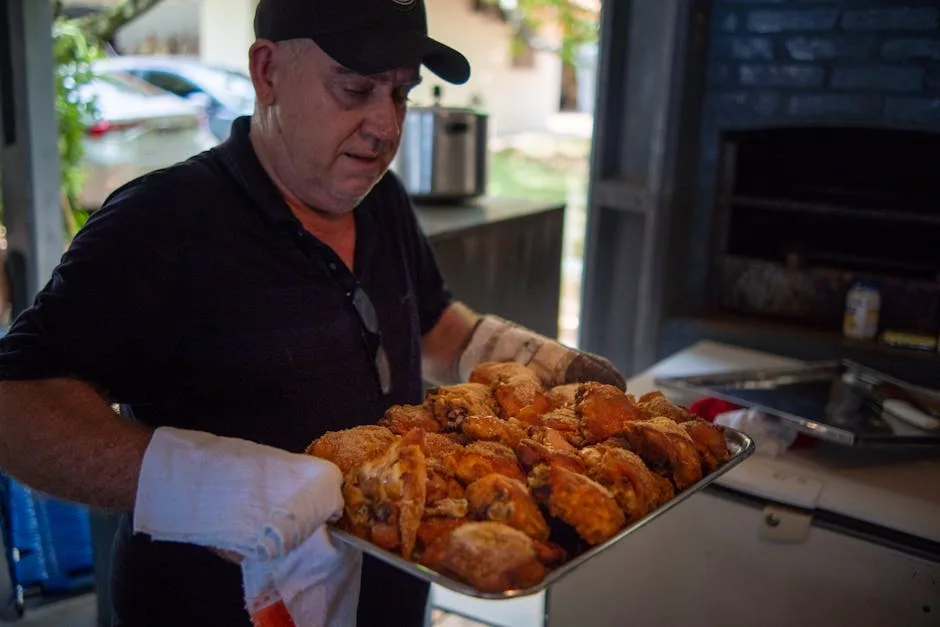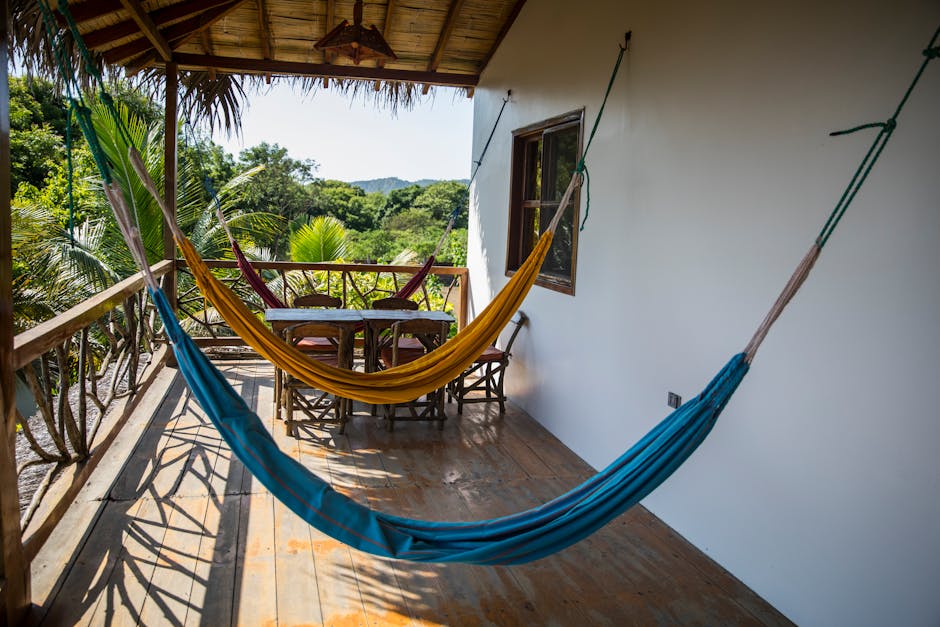- First Impressions: The Art of Brazilian Greetings
- The Cheek Kiss (Beijo no Rosto)
- Handshakes and Hugs
- Addressing People
- Dining Etiquette: More Than Just Food
- Invitations and Punctuality
- Table Manners
- Paying the Bill and Tipping
- Socializing and Conversation: Engaging with Locals
- Personal Space
- Common Conversation Topics
- Topics to Approach with Caution
- The 'Jeitinho Brasileiro'
- Gift-Giving: Small Gestures, Big Impact
- Appropriate Gifts
- Public Behavior and Demeanor
- Dress Code
- Expressing Emotions
- Queueing
- Public Displays of Affection (PDAs)
- Language Basics: Making an Effort
- The Essence of Brazilian Hospitality
Welcome to brazil! A land of vibrant colors, infectious rhythms, breathtaking landscapes, and an even more captivating people. As you prepare for your first adventure in this South American gem, understanding a bit about local social customs can make all the difference. Brazilians are incredibly warm, welcoming, and generally forgiving of cultural missteps, but showing an effort to respect their traditions will open doors and hearts faster than you can say ‘Obrigado!’
Think of this guide not as a rigid rulebook, but as a friendly chat with someone who wants you to have the most authentic and enjoyable experience possible. By learning a few simple courtesies, you’ll not only avoid awkward moments but also deepen your connection with the wonderful people you’ll meet along the way.
First Impressions: The Art of Brazilian Greetings
Greetings in Brazil are far more tactile and personal than in many other cultures, especially for women. Don’t be shy – embrace the warmth!
The Cheek Kiss (Beijo no Rosto)
- For Women: When women greet other women, or a woman greets a man, a light kiss on the cheek is the standard. This isn’t a kiss on the lips; it’s more of a gentle brush of cheeks, often accompanied by a light ‘mwah’ sound.
- How Many Kisses? This can vary by region! In São Paulo, it’s typically one kiss. In Rio de Janeiro and many northeastern states, two kisses are common. In some southern areas, three kisses might be exchanged. If you’re unsure, simply mirror what the other person does. Lean in, offer your cheek, and let them lead.
- Don’t Be Surprised: Even if you’ve just met, this gesture is very common and a sign of friendliness, not romantic interest.
Handshakes and Hugs
- For Men: Men typically greet other men with a firm handshake. Depending on the level of familiarity or the context, a pat on the back or a full embrace (abraço) might follow.
- When in Doubt: A firm handshake with direct eye contact is always a safe bet for initial introductions, especially in more formal or professional settings, regardless of gender.
Addressing People
Brazilians are generally quite informal, and it’s common to use first names even after a brief introduction. If you need to be more formal, ‘Senhor’ (Mr.) and ‘Senhora’ (Ms./Mrs.) followed by the first name (or sometimes the surname) are appropriate.
Direct eye contact is appreciated during conversations; it signifies sincerity and engagement. Avoiding eye contact can be seen as a sign of disrespect or disinterest.
Dining Etiquette: More Than Just Food
Sharing a meal in Brazil is a significant social event, often lasting for hours. It’s a time for connection, laughter, and enjoying delicious food.
Invitations and Punctuality
If you’re invited to someone’s home for dinner, it’s considered polite to arrive about 15-30 minutes late. Brazilians operate on a concept often referred to as ‘Brazilian time,’ which is a bit more relaxed than in some punctual cultures. Arriving exactly on time or early can sometimes catch your host off guard. For business meetings, however, punctuality is generally expected.
Table Manners
- Hands Above Table: It’s customary to keep your hands visible on the table, not in your lap.
- Utensils Are Your Friends: Brazilians tend to use a fork and knife for almost everything, even pizza slices or fruit that you might eat with your hands elsewhere. This is partly due to hygiene and partly tradition.
- Passing Food: Pass dishes to the right.
- Toasting: If a toast is made, make eye contact with everyone whose glass you clink. A common toast is ‘Saúde!’ (To health!).
- Refilling Drinks: Always offer to refill the glasses of those around you before your own.
- Finishing Your Plate: While it’s generally polite to finish your food, it’s not considered rude to leave a small amount if you’re truly full. Over-stuffing yourself might be seen as impolite.
Paying the Bill and Tipping
In restaurants, the bill often includes a 10% service charge (‘serviço’). While technically optional, it’s customary to pay it unless service was exceptionally poor. If you want to leave an additional tip for outstanding service, it’s appreciated but not expected on top of the 10%.
When dining out with a group, it’s common to split the bill evenly, or each person pays for what they consumed. Sometimes, the host might insist on paying for everyone as a gesture of hospitality; a polite offer to contribute is good, but don’t insist too strongly if they decline.
Socializing and Conversation: Engaging with Locals
Brazilians love to talk, laugh, and connect! Embrace their natural expressiveness.
Personal Space
Expect personal space to be much closer than you might be used to, especially in Latin American cultures. Don’t back away if someone stands or sits quite close to you; it’s a sign of engagement, not invasion.
Common Conversation Topics
- Family: Family is paramount in Brazil, so asking about someone’s family is a warm and welcome topic.
- Football (Soccer): Brazil’s national passion! Even if you’re not a fan, showing interest in football will earn you points.
- Travel and Your Home Country: People are genuinely curious about where you come from and your travel experiences in Brazil.
- Food and Drink: Brazilians are proud of their cuisine and drinks (like caipirinhas), so asking for recommendations or complimenting a dish is a great icebreaker.
Topics to Approach with Caution
- Politics and Religion: These can be sensitive topics and are best avoided unless you know the person very well and they initiate the discussion.
- Finances: Generally considered a private matter.
- Negative Comparisons: Avoid comparing Brazil unfavorably to your home country or other nations. Focus on the positives!
- Weight or Appearance: Unless it’s a genuine compliment, comments on physical appearance can be tricky.
The ‘Jeitinho Brasileiro’
This untranslatable term refers to a uniquely Brazilian way of finding a creative, informal, and often good-natured solution to a problem, or getting around a bureaucracy. It’s not about breaking rules, but more about navigating systems with a bit of charm and flexibility. You might encounter it, and while fascinating, it’s not something a visitor should try to actively employ.
Gift-Giving: Small Gestures, Big Impact
If you’re invited to a Brazilian’s home, bringing a small gift is a thoughtful gesture.
Appropriate Gifts
- Flowers: A bouquet of fresh flowers for the hostess (avoid purple flowers, as they’re associated with funerals, and black objects are also generally avoided).
- Wine or Spirits: A good bottle of wine or a nice spirit from your home country.
- Chocolates or Sweets: High-quality chocolates or a dessert.
- Souvenirs from Your Country: A small, tasteful souvenir representing your home country is always appreciated.
Gifts are usually opened in front of the giver. Ensure your gift is nicely wrapped; presentation matters.
Public Behavior and Demeanor
Dress Code
Brazil is generally quite relaxed, but context is key. While beachwear is perfectly acceptable on the beach, it’s not appropriate for walking into shops, restaurants, or religious sites. For city exploration, smart casual is usually a safe bet. Brazilians tend to dress well, even for casual outings. For evening events or nicer restaurants, consider dressing up a bit more.
Expressing Emotions
Brazilians are generally quite expressive. Laughter, tears, and animated conversations are all part of everyday life. Don’t be afraid to show your emotions; it’s seen as authentic.
Queueing
While lines (filas) exist, they can sometimes be more fluid than in highly structured societies. Patience is a virtue. If you’re unsure, just observe and follow the lead of those around you.
Public Displays of Affection (PDAs)
Holding hands, arm-in-arm walking, and even light kissing are common and accepted in public among couples.
Language Basics: Making an Effort
While many Brazilians in tourist areas might speak some English, making an effort to learn a few basic Portuguese phrases will be immensely appreciated and can significantly enhance your interactions.
- Olá: Hello
- Bom dia / Boa tarde / Boa noite: Good morning / Good afternoon / Good evening (or good night)
- Por favor: Please
- Obrigado / Obrigada: Thank you (men use ‘Obrigado’, women use ‘Obrigada’)
- Com licença: Excuse me / Pardon me (to get past someone or interrupt politely)
- Desculpe: Sorry
- Tudo bem?: How are you? / Is everything okay? (Common informal greeting)
- Sim / Não: Yes / No
- Adeus: Goodbye
The Essence of Brazilian Hospitality
Ultimately, Brazilians are known for their incredible hospitality. They are often eager to help visitors, share their culture, and make you feel at home. Approach your interactions with an open mind, a friendly smile, and a willingness to learn, and you’ll find that Brazil offers not just a trip, but an unforgettable experience filled with genuine human connection.
Enjoy your journey through this magnificent country!






